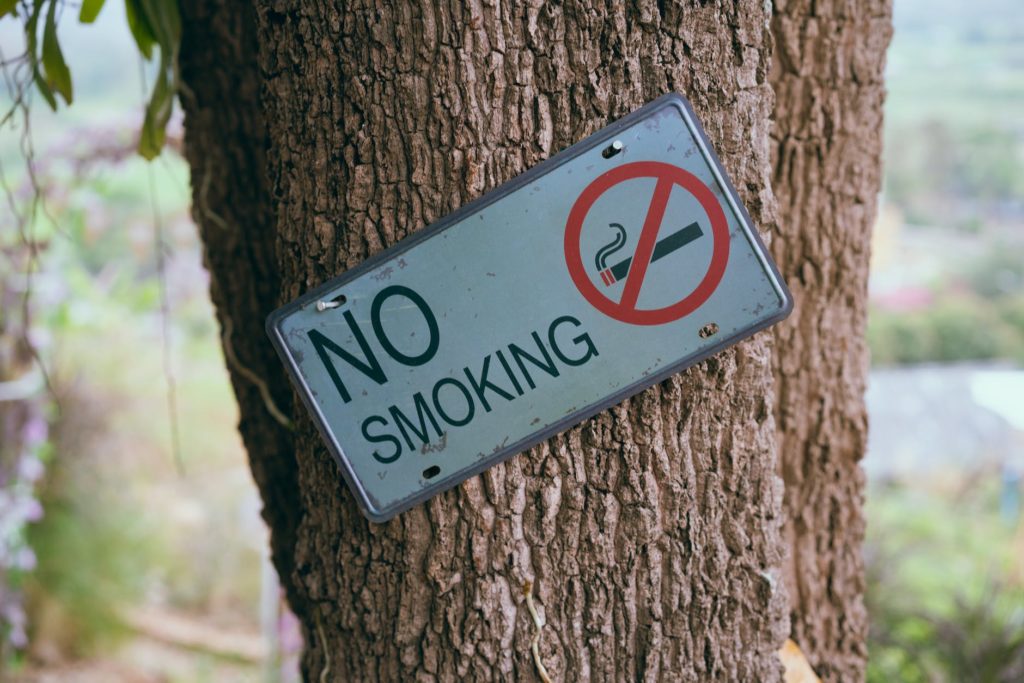Many Attempts to Quit Smoking
While most people are determined to know exactly how many times it takes to really quit. Getting a firm grasp on the number of tries that it will take is important. You might be confused as to what this information can actually do for you. It actually serves the purpose of setting you up to be confident as you approach the date when you need to quit smoking. If you have a grasp on the amount of time it could take you to quit, it will prevent you from feeling like a failure in the event that it takes you more than a single try. This is very important because most people start to feel as if they just cannot quit after failing a single time.
The majority of people in all honesty themselves usually take at least two attempts to successfully quit smoking. While most people would love to quit after a single attempt, it is usually necessary to have two attempts minimum. You might wonder exactly why two attempts are necessary but the answer is really simple. For the most part, the first time people start trying to quit they have an attitude that tells them it is very simple. This tends to find most consumers completely off guard, especially since it is not as easy to quit smoking as you might imagine.
Breaking The Addiction
Breaking the addiction to nicotine is not easy, nor is it something that can always be done in a single attempt. If you are prone to trying to quit entirely on your own with no help you will often find that your chances of success are much lower. It is almost always necessary to obtain some form of help when you are trying to quit smoking in order to be successful. This is the primary reason why it typically takes a minimum of two tries to quit smoking. No matter how many attempts you may try, it is best to plan to quit for good anytime you attempt to quit.
Being aware of how difficult it really is to quit smoking is quite significant. If you are aware of the challenges you will be in a much better position because you will have the ability to create a plan to help you quit. Knowing the challenges that you face will also allow you to create a plan that is suitable based on the precise reason that you smoke. For example, if you tend to smoke due to stress you should be aware of what causes you to stress out and look for ways to avoid the stress.
If you have a plan created to help you quit smoking before your first attempt even begins you may find that you are able to quit after a single attempt. Not having a plan before you even attempt to quit will increase the chances that it takes several tries to be successful. Creating a plan to help you stop smoking is not impossible, it merely means you need to be able to identify the problems that you could experience in your attempt to quit smoking. This means if you simply sit down and create a plan to help you deter temptations and also avoid potential problems you will have a much better success rate.
Merely deciding to stop smoking at a whim will generally result in a series of problems. It is very important to take your time creating your plan so that you can successfully quit. Taking advantage of these small details in the plan that you create can go a very long way toward ensuring that you are ultimately successful. Just be certain that all of the small details of your plan are well organized. This means you really need to keep your confidence up, feeling as if you will not be successful can leave you creating a lot of problems. Avoiding problems is very important to ensure that you are able to quit with as few attempts as possible.
DISCLAIMER:
This information is not presented by a medical practitioner and is for educational and informational purposes only. The content is not intended to be a substitute for professional medical advice, diagnosis, or treatment. Always seek the advice of your physician or other qualified healthcare providers with any questions you may have regarding a medical condition. Never disregard professional medical advice or delay in seeking it because of something you have read.
Since natural and/or dietary supplements are not FDA-approved they must be accompanied by a two-part disclaimer on the product label: that the statement has not been evaluated by FDA and that the product is not intended to “diagnose, treat, cure or prevent any disease.”





